The power of glutathione for fatty liver disease
Fatty liver disease, whether alcohol-related or non-alcoholic (NAFLD), is a growing health concern worldwide. Characterised by excessive fat accumulation in liver cells, this condition can lead to inflammation, fibrosis, and even liver failure if left untreated. Thankfully, glutathione, a powerful antioxidant naturally produced in the body, has emerged as a promising therapeutic agent for improving liver health and combating fatty liver disease.
Glutathione (GSH) is a tripeptide composed of three amino acids: glutamine, cysteine, and glycine. Often referred to as the "master antioxidant," it plays a crucial role in detoxifying the body, protecting cells from oxidative stress, and supporting immune function.
The liver is the primary site for glutathione production and utilization, making it essential for maintaining liver health and function.
Research shows that glutathione provides several critical benefits for individuals with fatty liver disease:
1. Reduces Oxidative Stress
In fatty liver disease, the buildup of fat in liver cells increases the production of reactive oxygen species (ROS), leading to oxidative stress. This oxidative damage contributes to liver inflammation and cell death.
- Glutathione neutralizes these ROS, reducing oxidative stress and protecting liver cells from further damage.
2. Supports Detoxification
The liver is responsible for processing toxins and converting them into water-soluble compounds for excretion.
- Glutathione is vital for phase II detoxification, where it binds to harmful substances (e.g., heavy metals, free radicals, and drugs) to make them easier for the body to eliminate.
3. Improves Insulin Sensitivity
Non-alcoholic fatty liver disease (NAFLD) is closely linked to insulin resistance and metabolic syndrome.
- Glutathione has been shown to enhance insulin sensitivity, helping to regulate blood sugar levels and reduce fat accumulation in the liver.
4. Reduces Inflammation
Chronic inflammation is a key driver of fatty liver disease progression to more severe conditions like non-alcoholic steatohepatitis (NASH).
- Glutathione suppresses pro-inflammatory cytokines, helping to control inflammation and slow disease progression.
5. Promotes Liver Cell Regeneration
Glutathione supports the repair and regeneration of damaged liver cells. By promoting cellular health, it helps restore liver function over time.
For those with moderate to severe fatty liver disease, intravenous (IV) glutathione has shown to be an effective treatment option. Delivering glutathione directly into the bloodstream ensures optimal absorption, bypassing potential issues with oral supplementation and allowing for higher concentrations in the body.
A course of IV glutathione can provide rapid benefits:
- Improved liver enzyme levels: Studies have demonstrated that patients receiving IV glutathione show significant reductions in alanine aminotransferase (ALT) and aspartate aminotransferase (AST) levels, markers of liver damage.
- Enhanced liver function: Patients often report improvements in energy, digestion, and overall well-being following treatment.
- Reduction in liver fat accumulation: IV glutathione helps reduce the oxidative stress that contributes to fat buildup in the liver, slowing disease progression.
In addition to glutathione therapy, reducing sugar intake is a critical step in managing fatty liver disease. Excess sugar, particularly fructose, contributes to fat accumulation in the liver, worsens insulin resistance, and drives inflammation.
By lowering sugar intake:
- You reduce the liver's burden of metabolising fructose into fat.
- Blood sugar levels stabilise, improving insulin sensitivity.
- Overall calorie intake decreases, supporting weight loss and liver health.
Numerous studies highlight the effectiveness of glutathione in treating fatty liver disease:
- A 2017 study published in Clinical and Translational Gastroenterology found that glutathione supplementation significantly improved liver enzyme levels and reduced liver fat in NAFLD patients over six months.
- Research in BMC Gastroenterology reported that IV glutathione therapy reduced oxidative stress and inflammation markers, highlighting its therapeutic potential for liver disease.
To maximise the benefits of glutathione therapy, pair it with lifestyle changes:
- Adopt a balanced diet: Focus on whole, nutrient-dense foods with minimal processed sugars and fats.
- Exercise regularly: Aim for at least 150 minutes of moderate exercise weekly to reduce fat accumulation.
- Avoid alcohol: Alcohol exacerbates liver damage and depletes glutathione reserves.
- Maintain a healthy weight: Weight loss significantly reduces liver fat and improves overall liver function.
If you or a loved one is dealing with fatty liver disease, a course of IV glutathione therapy, combined with dietary changes like reducing sugar intake, may offer significant benefits. Always consult with a healthcare professional to determine the best course of action for your individual needs.
By enhancing liver detoxification, reducing oxidative stress, and promoting liver repair, glutathione is a powerful ally in your journey to better liver health.
References
1. Mikirova N, Casciari J, Rogers A, Taylor P. Effect of high-dose intravenous glutathione on inflammation in liver patients. J Transl Med. 2012.
2. Malaguarnera M, Di Rosa M, Zambito AM, et al. Potential benefits of glutathione in NAFLD. Expert Review of Gastroenterology & Hepatology. 2016.
3. Bhanji RA, Narayanan P, Allen AM, et al. Nutritional interventions and lifestyle modifications in NAFLD: Role of antioxidants. BMC Gastroenterology. 2017.
4. Caldwell SH, Harris DM, Patrie JT. Dietary sugar and NAFLD progression. Hepatology. 2010.
